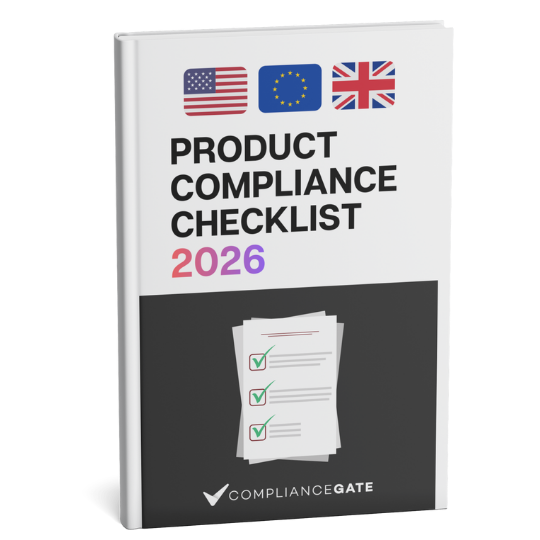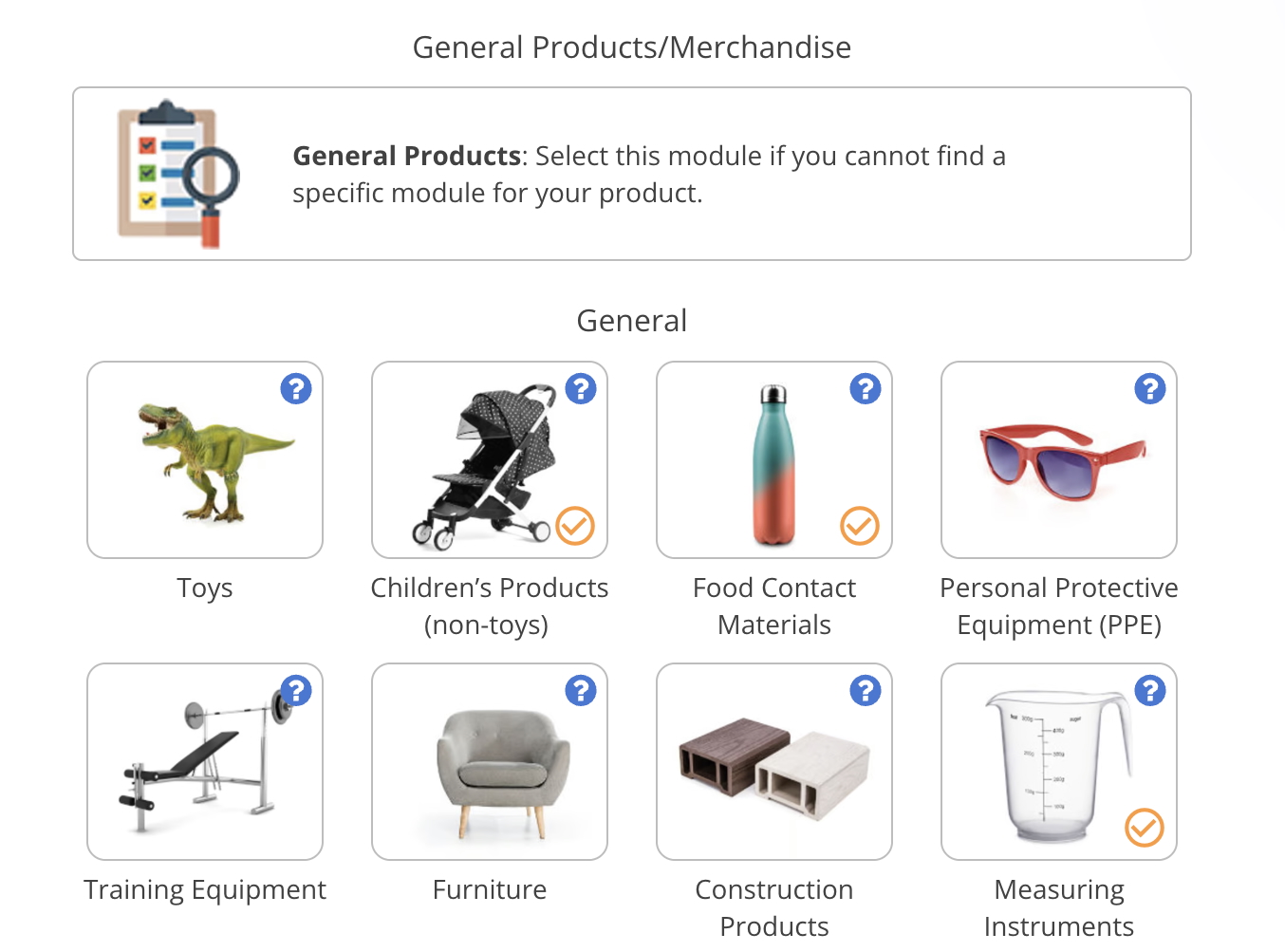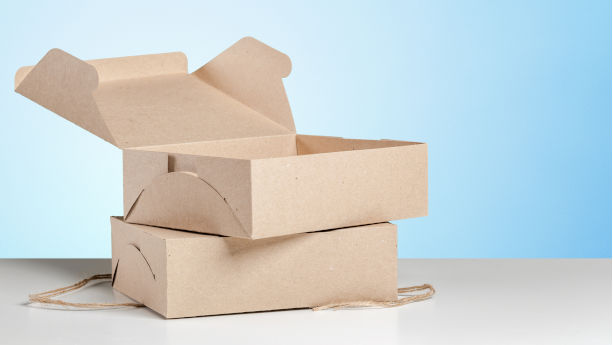
Do you plan to affix either the OK compost INDUSTRIAL label or the OK compost HOME label to your products or packaging?
This article explains what importers and manufacturers should know about the OK compost certification scheme, including its application process, required documentation, testing, and labelling.
Content Overview

FREE CONSULTATION CALL (30 MIN)
 Ask questions about compliance requirements
Ask questions about compliance requirements Countries/markets:
Countries/markets:
 Learn how we can help your business
Learn how we can help your business
You will speak with:Ivan Malloci or John Vinod Khiatani
What is OK compost?
TÜV AUSTRIA, a European Bioplastics-authorised certification body, offers the OK compost certification scheme for companies selling compostable products such as packaging materials or disposable food contact materials.
Certified products can bear one of two labels:
- OK compost INDUSTRIAL label
- OK compost HOME label.
According to TÜV AUSTRIA, products bearing the OK compost INDUSTRIAL label are deemed to be compostable in an industrial composting plant (at temperatures between 55 to 60°C).
Products carrying the TÜV AUSTRIA’s OK compost HOME label are deemed to be compostable in home compost heaps at a lower temperature.
Is OK compost mandatory?
The OK compost certification scheme is not mandatory.
However, companies that want to use the OK compost labels (both OK compost INDUSTRIAL and OK compost HOME) should ensure that their products comply with the requirements set by OK compost certification scheme.
For example, OK compost INDUSTRIAL-certified products must comply with the requirements of EN 13432 and the EU Packaging and Packaging Waste Directive.
What are the benefits of the OK compost labels?
Consumers are paying increasingly more attention to the sustainability of the products they buy. Furthermore, some retailers or online marketplaces might be more likely to accept products carrying the OK compost labels.
As such, importers and manufacturers may benefit financially from affixing the OK compost INDUSTRIAL or the OK compost HOME label onto their products.
OK compost INDUSTRIAL
TÜV AUSTRIA deems products or packaging carrying the OK compost INDUSTRIAL label as compostable in an industrial composting plant. The OK compost INDUSTRIAL label covers components, inks, and additives.
The OK compost INDUSTRIAL certification scheme requires compliance with the EN 13432 standard. This standard is harmonised under the EU Packaging and the Packaging Waste Directive.
Product scope
The OK compost INDUSTRIAL scheme applies to types of materials and products such as those listed below.
Raw Material
- Granulates
- Film
- Plate
Components and constituents
- Paper
- Ink
- Additives
- Adhesives
- Packaging components
Finished products
- Collection bags
- Shopping bags
- Catering products (e.g. cups, cutlery)
- Packaging
- Gardening products
Application process
To apply for the OK compost certification scheme, companies must fill in an online inquiry form.
Applicants might request either of the following:
- A new certification for a new product
- A new certification for a sublicense
- A modification of existing certificates
According to its request, the form requires applicants to provide different information, such as:
a. Trademark, preferred certification scheme, product information (for a new certification for a new product)
b. Certificate number (for a new certification for a sublicense)
c. Certificate number and product information (for modifying an existing certificate)
Applicants must also provide the following information:
- Company
- Salutation (Mr./Mrs.)
- First and last name
- Email address
- Status (e.g. manufacturer)
Standards
Below, we list standards relevant to the OK compost INDUSTRIAL certification scheme.
Applicable standards
a. EN 13432 – Packaging – Requirements for packaging recoverable through composting and biodegradation – Test scheme and evaluation criteria for the final acceptance of packaging
Optional standards
a. EN 14995 – Plastics ― Evaluation of compostability ― Test scheme and specifications
b. ISO 18606 – Packaging and the environment – Organic Recycling
c. ISO 17088 – Plastics — Organic recycling — Specification for compostable plastics
You can find additional optional standards in this document.
Testing
OK compost certification applicants must submit their product samples for testing against applicable standards to TÜV AUSTRIA-registered labs, such as the following:
- AIMPLAS (Spain)
- CT-ICP (France)
- Guangdong Detection Center of Microbiology (China)
- ISEGA (Germany)
- TUV Rheinland Shanghai (China)
Documentation
Applicants must submit documents regarding the identification and characterisation of their product. These documents generally require information such as the following:
- Trade name of the product
- Description and type of product
- Material composition
- Production site
- Relevant test reports
TÜV AUSTRIA may also require other documentation, such as those listed below:
- Drawings and pictures
- Technical and Material Safety Data Sheets (SDS)
- Certificates of the components
Certificate
TÜV AUSTRIA issues the OK compost INDUSTRIAL certificate and allows the usage of the label for products that conform to the OK compost INDUSTRIAL certification scheme requirements.
An OK compost INDUSTRIAL certification allows companies to:
a. Claim the compostability of their certified products in industrial plants
b. Apply the OK compost INDUSTRIAL label to their certified products
According to TÜV AUSTRIA, an OK compost INDUSTRIAL certificate is valid for five years.
Labelling
As previously mentioned, a product or packaging can carry the OK compost INDUSTRIAL logo if it complies with the scheme’s requirements.
Importers and manufacturers of OK compost INDUSTRIAL-certified products cannot make the following claims:
- That their products are compostable at home
- That their products are renewable
- That their products biodegrade in the soil
- That their products biodegrade in the water
They can only make such claims if they obtain the following certifications for their products, respectively:
- OK compost HOME
- OK biobased
- OK biodegradable SOIL
- OK biodegradable WATER or OK biodegradable MARINE
OK compost HOME
TÜV AUSTRIA developed the OK compost HOME certification scheme for products that are compostable in home gardens. These products are deemed to be compostable at lower temperature than products that comply with the criteria of the OK compost INDUSTRIAL scheme.
Giving the lower, and less constant temperature, composting in home gardens is considered to be a more difficult process.
The OK compost HOME certification scheme details technical requirements that products must meet before they can be certified. Note that Australia, France, and the EU have used the scheme’s requirements to draft standards on home composting.
Product scope
The OK compost HOME scheme applies to the same materials and products covered by the OK compost INDUSTRIAL scheme, such as:
- Raw materials (e.g., granulates)
- Intermediates (e.g., paper, additives, and adhesives)
- Finished products (e.g., collection bags for biodegradable refuse)
Application process
The application process for an OK compost HOME certification is the same as the OK compost INDUSTRIAL certification application process.
Applicants must fill out an online inquiry form and provide the required information and documentation.
Standards
Per TÜV AUSTRIA’s website, the OK compost HOME certification scheme is not based on a standard. Instead, it identifies the technical requirements that products should comply with, in order to get certified.
Additionally, the scheme innovative requirements have served as a basis for several standards, such as the following:
a. Australia’s AS 5810 – Biodegradable plastics – Biodegradable plastics suitable for home composting
b. France’s NF T 51800 – Plastics – Specifications for plastics suitable for home composting
c. EU’s prEN 17427 – Packaging – Requirements and test scheme for carrier bags suitable for treatment in well-managed home composting installations
Testing
As with OK compost INDUSTRIAL, OK compost HOME certification applicants must submit test reports from TÜV AUSTRIA-registered labs.
Documentation
The documentation requirements for the OK compost HOME certification are similar to those of the OK compost INDUSTRIAL certification process.
Companies should submit documentation that includes the following:
- Product’s trade name and type
- Production site(s)
- Product’s drawings and pics
- Relevant test reports
- SDS (if necessary)
Certificate
Companies can affix the OK compost HOME label to their products only if TÜV AUSTRIA has formally certified the products in question.
The label allows companies to claim that their products are compostable in home gardens.
Labelling
If TÜV AUSTRIA certifies a product and deems it compliant with OK compost HOME’s requirements, companies can apply the label to their products and claim that their products are home-compostable.
However, producers of OK compost HOME-certified products cannot make the following claims:
- That their products biodegrade in the soil
- That their products biodegrade in the water
- That their products are renewable
Costs
To our knowledge, TÜV AUSTRIA does not make public the costs for acquiring an OK compost certification. Regardless, companies can apply to have their products OK compost certified.
After the application, TÜV AUSTRIA checks the eligibility of the product and subsequently drafts a certification contract. The contract contains the details regarding the following:
a. The cost of the certification of a product (which may vary according to the product)
b. The cost for any test performed by TÜV AUSTRIA’s officially-registered labs
Applicants pay a lump sum for the following:
- Administrative management involved in registration
- Using either of the conformity marks
- Expenses for market monitoring
Applicants seeking a quotation can contact TÜV AUSTRIA.

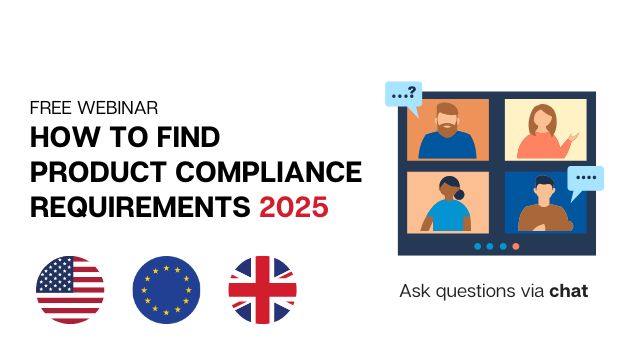





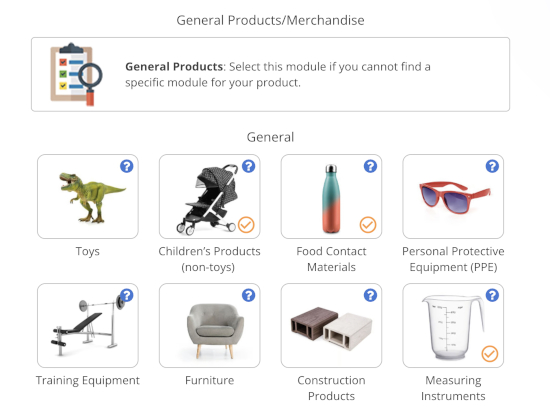









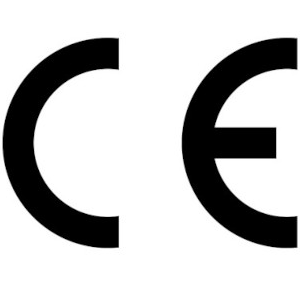




.png)
.png)
.png)
